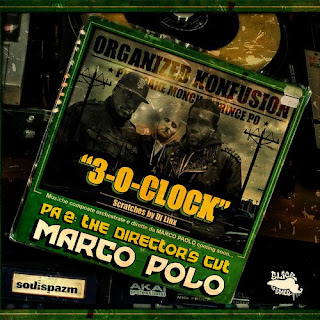Lou Reed died yesterday. He was 71. I first consciously
heard his music not so long ago, when he was 64. A coworker had turned me on to
the Velvet Underground near the end of my senior year of high school, and the
burned copy of The Velvet Underground
& Nico that he gave me became one of my go to CDs for my many aimless
drives around town chain smoking. Before I heard “Heroin” for the first time,
I’m not sure I knew just how powerful, how beautiful, and how hypnotic noise
could be when used in music. There was one night during the summer after high
school when I listened to that song on a loop for several hours, and it never
got even a little bit old.
I stopped buying CDs when I was eighteen and left for
college. I suddenly found myself without an income for the first time since I
was old enough to have a job. To make matters worse, I had blown most of my
savings on comics and self-medication, and buying CDs, especially when I could
get almost any music I wanted for free on the internet, became financially
unfeasible so I never ended up getting around to buying any other Velvets CDs.
A little over a year later I started picking up LPs so that I could have at
least a small collection ready to go when I finally saved up the money for a
turntable. When I went to buy my first record Oak Park Records in Oak Park,
Illinois didn’t have The Velvet
Underground & Nico in stock, so I left with White Light/White Heat tucked under my arm. I got a chance to
listen to it for the first time on a friend’s turntable later that day.















